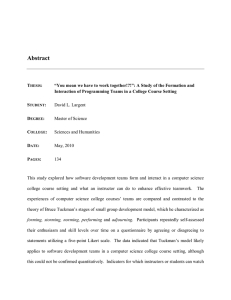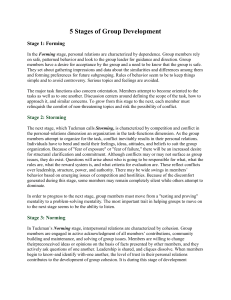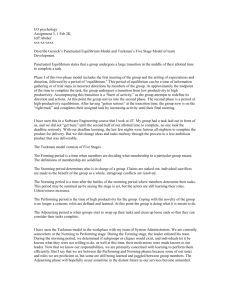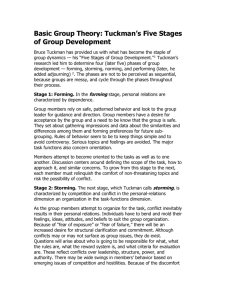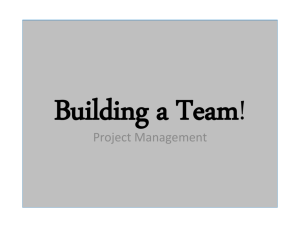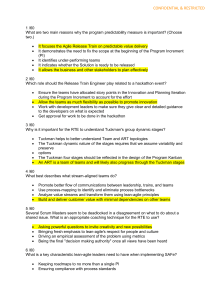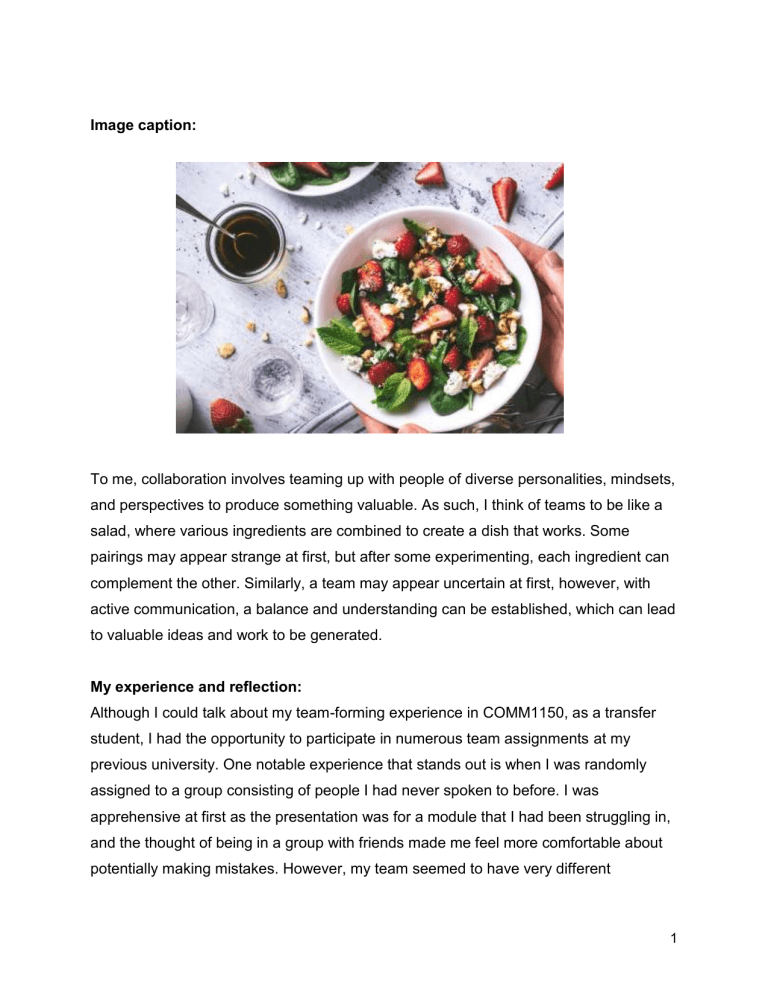
Image caption: To me, collaboration involves teaming up with people of diverse personalities, mindsets, and perspectives to produce something valuable. As such, I think of teams to be like a salad, where various ingredients are combined to create a dish that works. Some pairings may appear strange at first, but after some experimenting, each ingredient can complement the other. Similarly, a team may appear uncertain at first, however, with active communication, a balance and understanding can be established, which can lead to valuable ideas and work to be generated. My experience and reflection: Although I could talk about my team-forming experience in COMM1150, as a transfer student, I had the opportunity to participate in numerous team assignments at my previous university. One notable experience that stands out is when I was randomly assigned to a group consisting of people I had never spoken to before. I was apprehensive at first as the presentation was for a module that I had been struggling in, and the thought of being in a group with friends made me feel more comfortable about potentially making mistakes. However, my team seemed to have very different 1 academic approaches and urgency levels, and the lack of communication on the first day worried me. I immediately made the assumption that my team members would be unsupportive and self-serving and that keeping to myself and working on my own part without consulting the rest of the team would be the best thing to do. What I hadn’t known then was that the other members of my team were equally as apprehensive as I was, and coming from a country where people tend to be more reserved, everyone was just waiting for someone else to initiate the conversation. Looking back now, I’m able to recognise how quickly I placed labels on my teammates. With our very differing views on how to approach the assignment as well as the lack of communication, our team faced many misunderstandings that had led to conflict. This aligns with the concept of 'Storming' in Tuckman's stages of group development, which is characterised by interpersonal conflicts, as everyone in the team started to get defensive and confused. Once my team had hit that roadblock and had no choice but to communicate, we were able to compromise and come to an agreement, which eventually allowed us to end our team assignment on good terms. My learnings and takeaways: Through this experience, I learnt about my teamwork tendencies, such as panicking easily and making judgments on teammates that do things differently from me, and acknowledging these traits allowed me to see that they would not help me going forward. While this experience was not entirely pleasant, it did teach me valuable lessons on how to work effectively in team situations. I quickly realised the need to set clear team goals and ground rules from the start, properly divide tasks among team members according to their skill sets, engage in active and attentive listening, and create an environment of constructive criticism within the team. Our team has considered these insights while filling out our team agreement, particularly in the 'Action Processes' section. Here, we emphasise the need to hear all 2 ideas while recognising that not all contributions align with the team's long-term plan, highlighting the significance of active listening and constructive criticism. With my current knowledge of Tuckman’s stages of group development, I can see how these learnings can help facilitate the model's ‘Forming’, ‘Norming’, and ‘Performing’ stages. Although ‘Storming’ is a necessary part of group development, I will use my learning to navigate that stage with more empathy and maturity. References: Unsplash 2019, Photo by Dovile Ramoskaite on Unsplash, unsplash.com, accessed 21 September 2023, <https://unsplash.com/photos/xX9SmqQCbFY?utm_source=unsplash&utm_medium=ref erral&utm_content=creditShareLink>. Tuckman, B. (1965). Developmental sequence in small groups. Psychological Bulletin, 63(6), pp.384–399. West Chester University 2022, Tuckman’s Stages of Group Development, wcupa.edu, accessed 21 September 2023, <https://www.wcupa.edu/coral/tuckmanStagesGroupDelvelopment.aspx#:~:text=possibil ity%20of%20conflict.,Storming,structural%20issues%20dominate%20this%20stage.&text=In%20order%20to %20progress%20to,to%20a%20problem%2Dsolving%20mentality.>. 3
